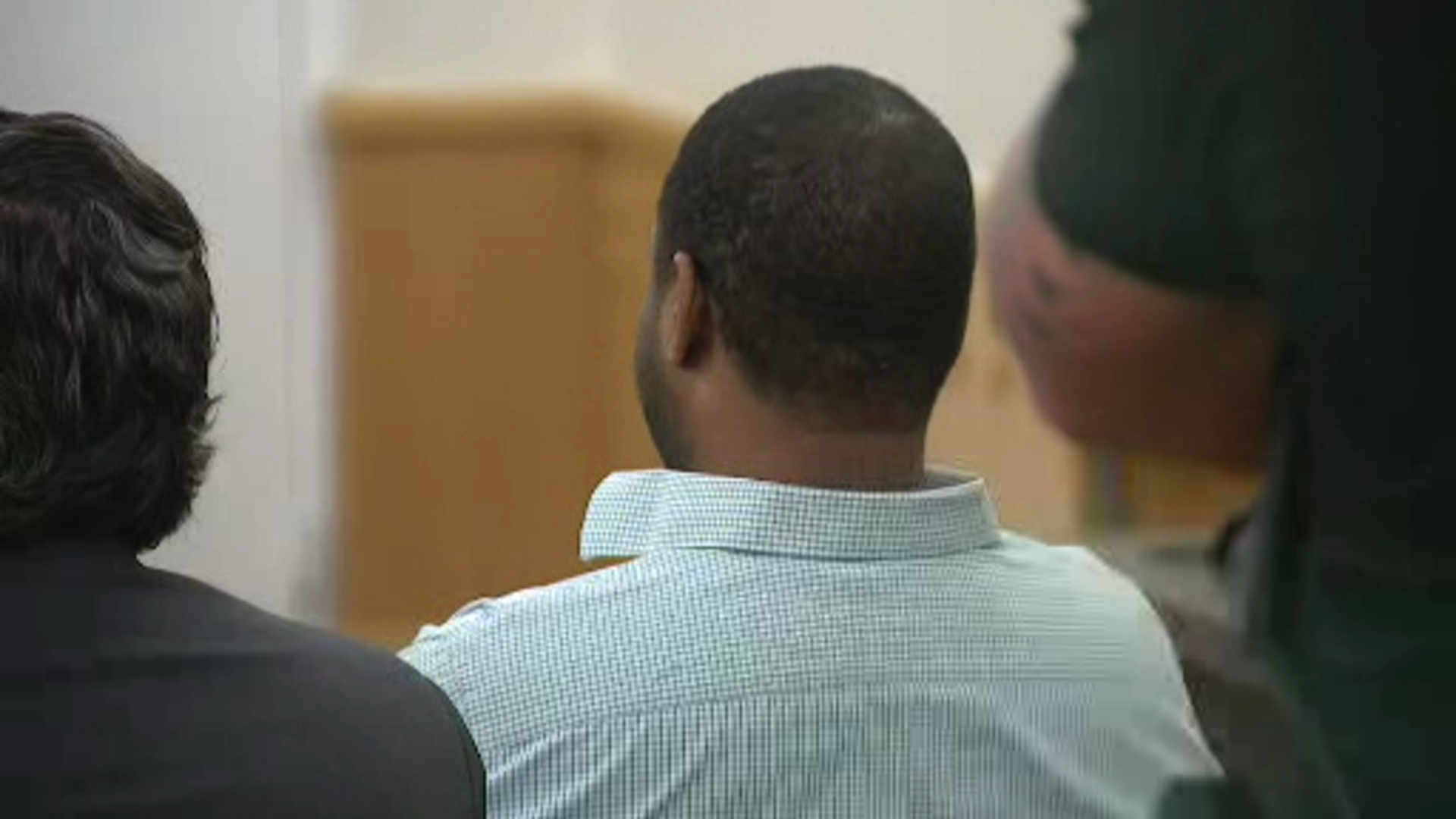A board with veto power over new charter schools in Texas voted unanimously Friday to allow its members to take privately-funded trips to such schools in other states, which critics say would lead to "junkets" and conflicts of interest.
The "fact-finding missions" for Texas Board of Education members can be funded by private foundations or wealthy individual donors but not taxpayers or the charter schools themselves. They also would be limited to charter networks seeking to expand into Texas.
Board members said those restrictions would help ensure that those taking such trips won't be unfairly influenced. Its 10 Republicans and 5 Democrats approved the new ethics rules after little debate. Previously, members could take only one trip per year paid for by the state government.
The move comes amid a major push, backed by top conservatives including Gov. Rick Perry and Republican lieutenant governor nominee and state Sen. Dan Patrick, to dramatically expand charter schools in Texas and make it easier for charter networks that have succeeded elsewhere to open campuses in the state.
Members taking such trips will have to get approval from the full board, but there's no limit on how much they can cost. Groups paying travel expenses can't run, or be associated with, charter schools in Texas or around the country.
Some critics said such trips set a dangerous precedent for privately-funded trips to sway decisions about which charter operators are ultimately approved to receive public classroom funding. Charters are run independently but get public education funding.
"In our mind it's a clear conflict of interest," said Craig McDonald, executive director of the government watchdog group Texans for Public Justice. "If there's a real need to travel to evaluate these schools, it should be paid for by public institutions."
Local
The latest news from around North Texas.
McDonald said adding restrictions and limiting the scope of such trips "doesn't change what was bad policy from the get-go."
Marty Rowley, a Republican board member from Amarillo, acknowledged that the entire issue was "fraught with peril" and said he supported the new rules "with a great deal of reluctance."
"These guidelines should alleviate concerns that these trips be used to curry favor," Rowley said. "We're not just going to look at charters willy-nilly."
In 2013, Texas lawmakers raised the maximum number of charter school licenses the state can issue from 215 to 305 by 2019, while shifting approval from the board of education to the governor-appointed commissioner of education. But Board of Education members can still veto commissioner approvals.
Charter schools educate only about 3 percent of Texas' 5 million-plus public school students, but that percentage may now rise in coming years.
Donna Bahorich, a Houston Republican who helped draft the new board rules, said seeing charter networks firsthand is more important than ever as charter schools take on a larger educational role statewide.
She also said board members will have clear directives about what they want to accomplish on every trip and are going for work, not fun.
"We're not going to be unaccompanied minors, if you will, out on a junket," said Bahorich.
Patty Quinzi, legislative counsel for the American Federation of Teachers in Texas, said that -- even with funding for trips coming from foundations and not charter schools -- there are still concerns such groups could receive indirect donations from charter operators.
"No one's asking where this money is ultimately coming from," Quinzi said.



